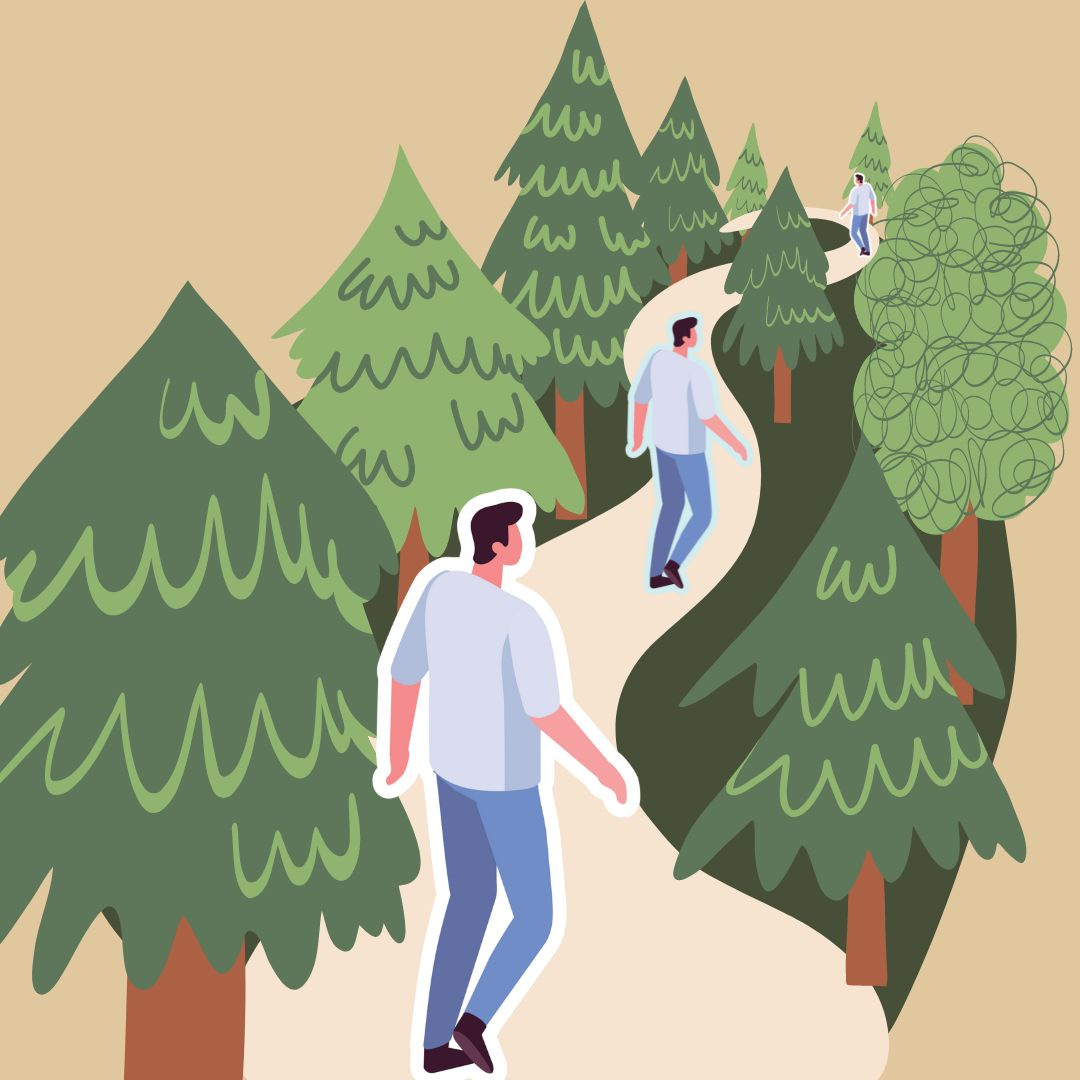The ancient art of walking
Get up and go for an actual walk
Do you walk?
I do. I track about 10 to 15,000 steps a day. I wake up at 5:02 am each weekday, have my first cup of coffee, then go for a walk. It’s a habit I don’t want to give up.
Writers like to talk about walking almost as much as they write coffee consumption into their characters’ worlds. (Forgive us).



